Why Medical Professionals in North Carolina Should Avoid Treating Themselves or Family Members
Writing prescriptions for yourself or a family member may seem convenient, but in North Carolina it can quickly lead to a licensing investigation. The North Carolina Medical Board has made its expectations clear in Position Statement 2.2.3: Self-Treatment and Treatment of Family Members.
This article explains what the Board prohibits, the narrow exceptions it recognizes, and how a lawyer can help if you’re facing a complaint.
What the Board Prohibits
Controlled Substances: You may not prescribe controlled substances to yourself or your immediate family members under any circumstances.
Chronic Conditions: You are strongly discouraged from managing chronic or ongoing conditions—even with non-controlled drugs—for yourself, family, or people with whom you have significant emotional ties.
The Board’s reasoning is that personal relationships interfere with objectivity, informed consent, and patient autonomy. Even well-intentioned care can cross ethical and legal lines.
The Four Narrow Exceptions
The Board acknowledges that some limited situations arise where a licensee may treat themselves or a family member. These exceptions are not blanket permissions—they are narrow carve-outs, and you are still expected to meet all applicable standards of care and documentation requirements.
Emergency Conditions
When no other qualified provider is available and urgent treatment is needed, you may treat yourself or your family temporarily until another provider can assume care.
Examples: stopping life-threatening bleeding, administering an epinephrine injection, or otherwise stabilizing a patient in a true emergency.
Urgent “Bridge” Prescriptions
If a prescription is needed to maintain ongoing therapy and a qualified provider is not accessible, a short-term prescription to bridge care may be appropriate.
This is not an open-ended renewal of medications. It is a limited stopgap until the patient can be seen by another practitioner.
Acute Minor Illnesses Within Your Competence
The Board gives examples such as treating an antibiotic-induced fungal infection or prescribing ear drops for a family member with external otitis.
Care should be short-term, within your professional training, and not for recurrent or chronic issues. You should not act as the primary or regular provider for yourself or family.
Over-the-Counter Medications and Non-Prescriptive Advice
The Board does not restrict you from suggesting non-prescription medications or modalities—as any layperson might—for yourself or a family member.
Even here, keep in mind documentation and standards of care if the situation could later be scrutinized.
For each of these exceptions, the Board expects you to maintain appropriate medical records and, where applicable, to share a copy with the patient’s regular provider.
Why These Rules Matter
Violating these limits can lead to an investigation, reprimand, probation, fines, or even suspension. Common pitfalls include:
Treating a family member for a chronic condition because “it’s easier”
Refilling prescriptions indefinitely under the “bridge” exception
Failing to document self-treatment or family treatment
How Legal Counsel Can Help
If you receive a letter or notice of investigation from the North Carolina Medical Board, speak with an attorney experienced in professional licensing defense. Counsel can:
Assess whether your actions fit within an exception
Draft or review your response to the Board to minimize exposure
Negotiate for a stayed suspension or lesser discipline if charges are filed
Advise on office policies to avoid future problems
Key Takeaway
In North Carolina, writing “inter-office” or informal prescriptions for yourself or family is rarely acceptable. Unless you are in a genuine emergency or one of the narrow situations described above, the safest option is to refer the patient—even yourself or a relative—to an independent provider. This protects your license, your reputation, and your ability to practice.
This is not legal advice. If you do need legal representation call the office at: 919-616-3317

